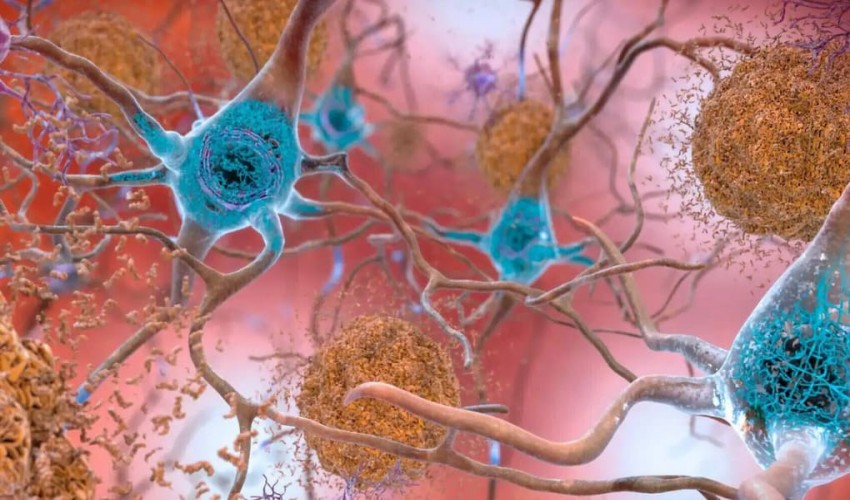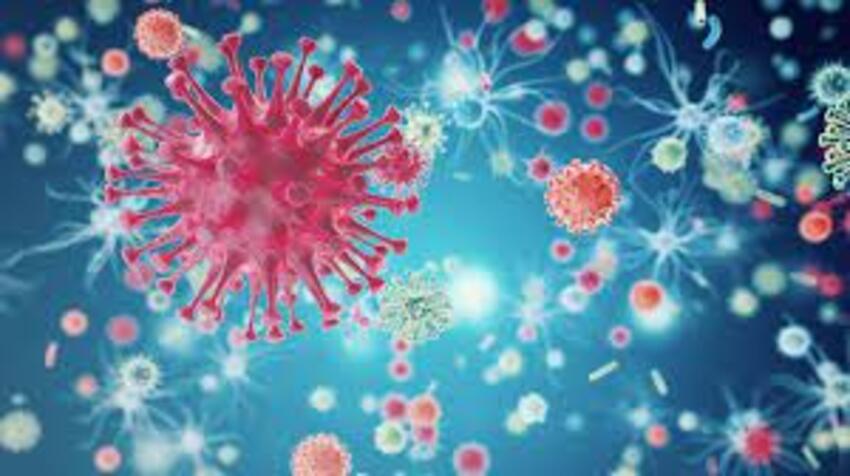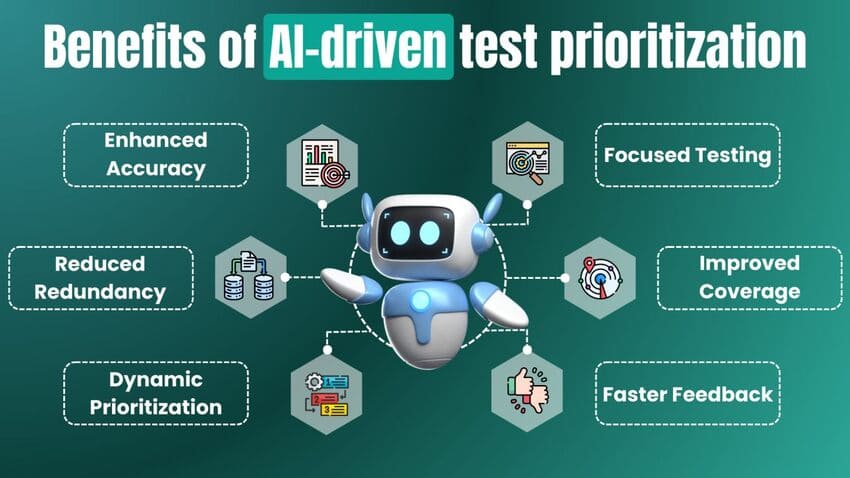
The epidemic caused adolescents' brains to grow far earlier than normal.
- Rating
- pandemic
- psychiatry
- epidemic
- teenagers
- amygdala
- brain
- covid
- aging
There is a possibility that the COVID-19 epidemic has caused adolescents' brains to mature prematurely.
Students have had a difficult time over the previous few years. They have been subjected to the rigors of online learning, social isolation, the struggles of their families, and the rising news of a worldwide death toll. The onset of the virus and its numerous adverse consequences on social interaction for adolescents occurred at a pivotal time in the development of their brains.
According to the findings of a recent pilot research, the brains of adolescents who have been exposed to all of this stress appear to be around three years older than predicted. This study is the first of its kind to investigate the effects of the pandemic on the aging of the brain. The new discoveries were made by contrasting brain scans carried out on children before the pandemic with those carried out on a variety of adolescents after the year 2020.
According to Ian Gotlib, the new findings indicate that the epidemic has not been as detrimental to the mental health of adolescents as was first feared. "It appears that their minds have also been affected by it." A neurologist by the name of Gotlib was in charge of leading the investigation. He is employed at Stanford University, which is located in California. The findings that his team obtained were published in Biological Psychiatry: Global Open Science on December 1st.
The new research did not include Beatriz Luna as a participant. Yet, due to the fact that she is a developmental neuroscientist, she is familiar with this stage of brain development. The University of Pittsburgh in Pennsylvania is where Luna now holds a position. She claims that the newly published research does not establish a connection between the brain abnormalities it discovered and poor mental health during the epidemic. (In truth, it didn't investigate such questions.) Nonetheless, she goes on to say that "we know there is a link between hardship and the brain." She makes the observation that our mind will make an effort "to adapt to what it has been given." Her perspective is that the recently published paper "is a really significant research that begins the ball rolling for us to look at this."
The ongoing research was about to reveal some'striking' results.
The beginnings of this research may be traced back over ten years. Back then, Gotlib was instrumental in getting a project off the ground in the Bay Area of California. The emphasis of the study was on depression among young people. In the course of the investigation, the researchers scanned the brains of children using MRI technology.
The researchers were compelled to put an end to this activity in the spring of 2020 because to lockdown instructions. As they resumed their work a year later, Gotlib was concerned that the strain caused by the epidemic may affect the outcomes of his group's work.
The children who participated in the research again in 2020 reported much greater rates of anxiety and despair than their classmates had in the years leading up to 2020. As a result, the group came to the conclusion that it would be beneficial to evaluate brain scans obtained prior to the outbreak of the pandemic alongside scans obtained between October 2020 and March 2022.
The researchers analyzed 64 scans from each participant group to check for variations. The ratio of males to females in those groups was almost the same. The typical age was at about 16 years old.
According to Gotlib's most recent report, the outcomes were "remarkable."
The brains of adolescents go through a period of change throughout the transition from childhood to adulthood. Two areas of the brain are thickened as a result of this remodeling. The hippocampus is one of them. Memory and focus are both affected by its presence. The other structure, known as the amygdala (pronounced "Uh-MIG-duh-luh"), controls how we process our feelings. Concurrently, the thickness of the cortex, the outermost layer of the brain, decreases. It's called the cortex, and it plays a role in a lot of different cognitive processes. Aspects like as attention, memory, the ability to solve problems, and emotional management are included.
The brain scans demonstrated that during the pandemic, there was a hastened process of maturation in the anatomical components of the brains of adolescents. As compared to the brains of teenagers the same age who were examined before the epidemic began, theirs seemed to be three to four years older.
It is not quite apparent what aspect of the epidemic was responsible for this. According to Joan Luby, who lives in St. Louis, Missouri, "this study reveals that the pandemic has had a tangible influence" on the way in which the brains of teenagers grow. She is a child psychiatrist, although she did not participate in the research in any way. Her place of employment is the School of Medicine at Washington University.
A reaction to the pressure?
Gotlib is under the impression that stress is to blame. During the epidemic, many adolescents experienced a decline in their mental health. Past research has demonstrated that physical or emotional abuse, as well as neglect, can hasten the growth of a child's brain. So, according to Gotlib, "it's not a great jump" to infer that the stress during the epidemic might have also altered the brain development of the children who were investigated here.
Yet, it is still unknown what produced the alterations in the brain, nor is it clear what those changes indicate.
Neuroscientist at Dalhousie University, Rudolf Uher is a member of the Uher lab. It's in Halifax, Canada. According to him, this might be a result of students spending more time in front of screens since they attend online schools. In addition, he warns that more research may not validate the results of this particular study.
It is not known at this time whether or whether a quicker rate of brain aging has an effect on the health of teenagers today, or maybe even later in life. Luby states that "if your brain is prematurely aging, that is typically not a healthy thing," despite the fact that no one can tell for certain what the effects will be.
According to Gotlib, one thing that is very evident is that having access to mental health treatments will be absolutely necessary for assisting children who have survived the epidemic. He asserts that "These children are in pain." "It is something that has to be taken seriously, and we need to make sure that we are providing care for them."
Leave a Reply
Your email address will not be published. Required fields are marked *


